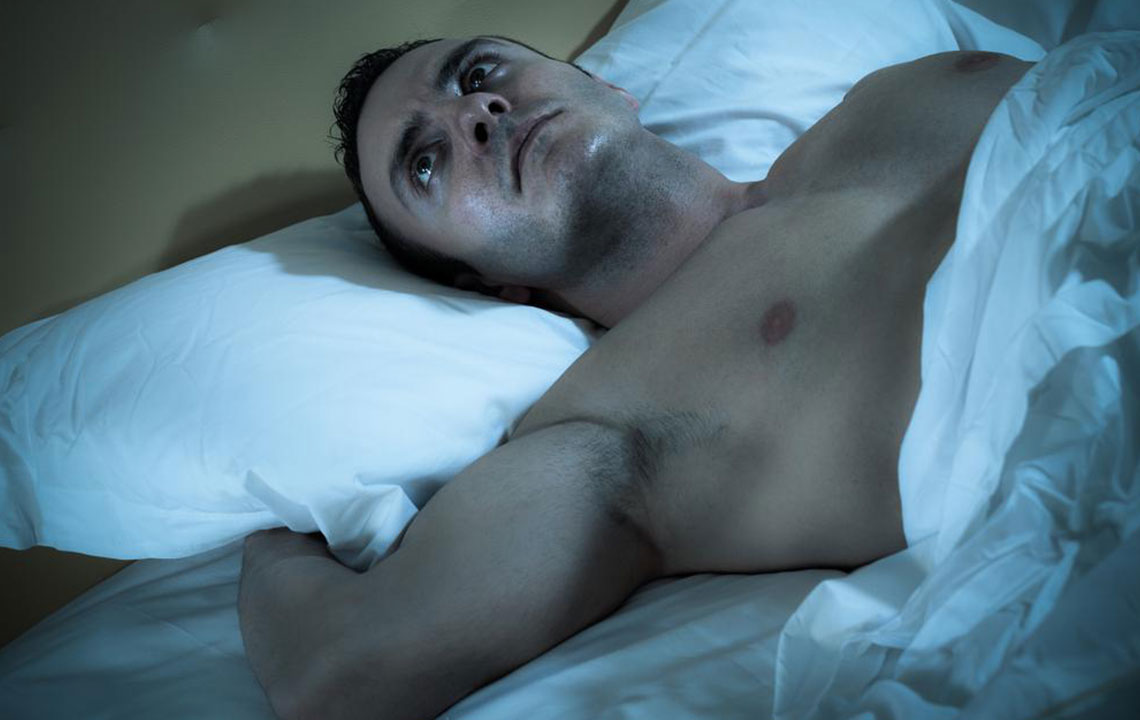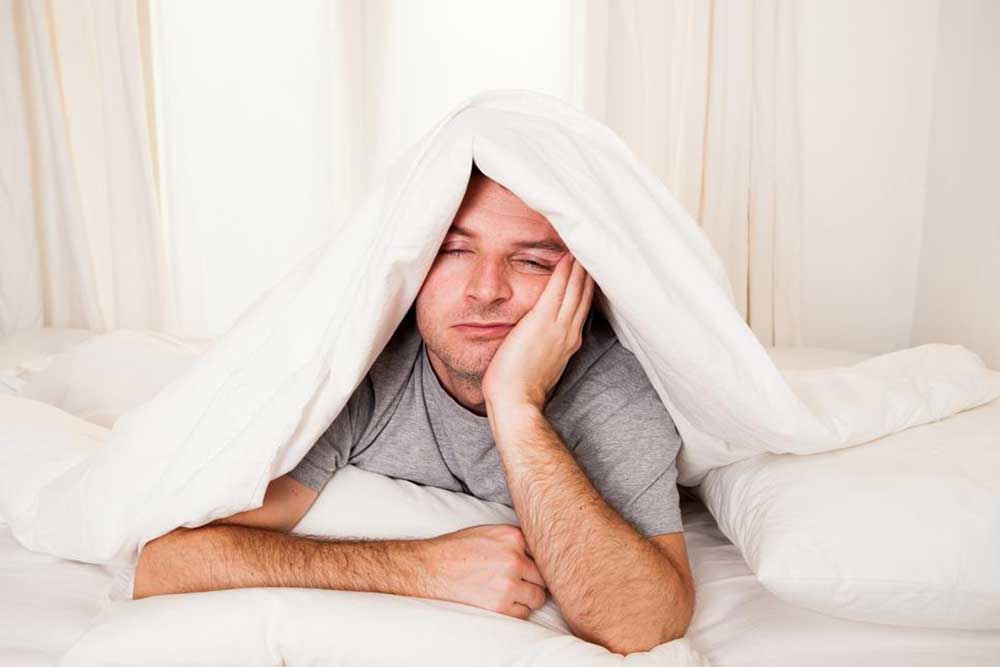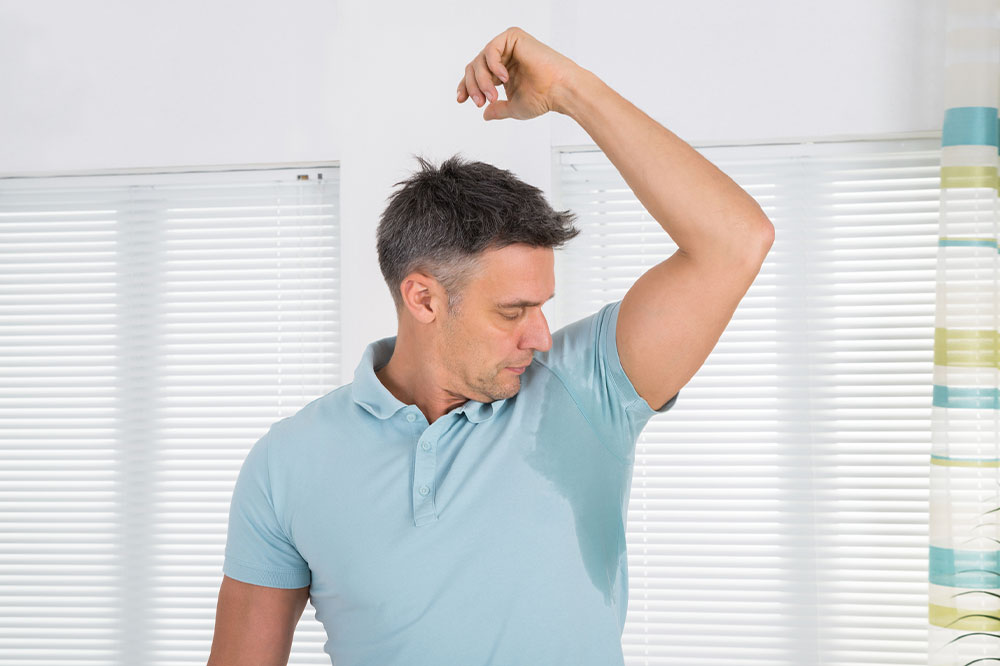Comprehensive Insights into Night Sweats: Causes and Solutions
Experience frequent night sweats? Learn about their common causes such as menopause, infections, and hormonal disorders, along with effective natural remedies. Managing environmental factors, diet, and stress can help reduce night sweats and improve sleep quality. A comprehensive guide to understanding and alleviating this condition for better well-being.
Sponsored

Experiencing frequent night sweats can disrupt restful sleep and affect your overall well-being. While hot environments may contribute, night sweats are caused by various factors beyond just climate. Recognizing the underlying reasons is key to managing this condition effectively. If you suddenly wake up drenched in sweat, it’s important to understand what triggers it.
Common Causes of Night Sweats
Night sweats often cause redness in the face and skin. Unlike typical sweating, night sweats are characterized by excessive perspiration during sleep, leading to discomfort and sleep disturbances.

Knowing the main causes can help you find effective relief. Common factors include:
Menopause
Hot flashes associated with menopause often cause night sweats, disrupting sleep.
Primary Hyperhidrosis
A condition called idiopathic hyperhidrosis leads to unexplained excessive sweating at night.
Infections
Conditions like HIV, bone inflammation, heart valve infections, and abscesses can trigger night sweats.
Cancer
Certain cancers, particularly lymphoma, are linked with night sweats. Unexplained weight loss and fever can also be signs of underlying malignancies.
Medication Side Effects
Antidepressants, used by 8-22% of the population, often cause night sweats and flushing.
Low Blood Sugar
Diabetics experiencing hypoglycemia frequently report night sweats as a symptom.
Hormonal Imbalances
Disorders like hyperthyroidism, pheochromocytoma, and carcinoid syndrome can contribute to this issue.
Neurological Conditions
Rare neurological disorders such as autonomic neuropathy, stroke, and posttraumatic syringomyelia may cause night sweating.
Effective Remedies for Night Sweats
Although night sweats are common, several strategies can help reduce or prevent them. Patience and consistent efforts are vital for lasting relief:
Identify and avoid triggers like smoking, spicy foods, tight clothing, drug use, and stress.
Maintain a cool room environment to prevent excessive warmth during sleep.
Engage in relaxing routines before bedtime to calm your mind and body.
Regular exercise during the day can promote better sleep and reduce night sweating.
Wear loose, breathable clothing and dress in layers to adapt to temperature changes.
Use fans or air conditioning to help cool your sleeping area, and lower room thermostats if possible.
Weight management can decrease night sweats by improving body regulation and reducing stress.
Flip your pillow frequently for additional comfort and relief.
Stay well-hydrated by drinking water, especially mineral water, to help regulate body temperature.
Eat a balanced diet rich in vitamins, minerals, and healthy fats; plant-based diets can also be beneficial.
Understanding that night sweats stem from diverse causes—from infections to hormonal imbalances—enables you to address the root issues. Implementing these natural remedies and maintaining a healthy lifestyle can lead to restful sleep and improved quality of life over time.






